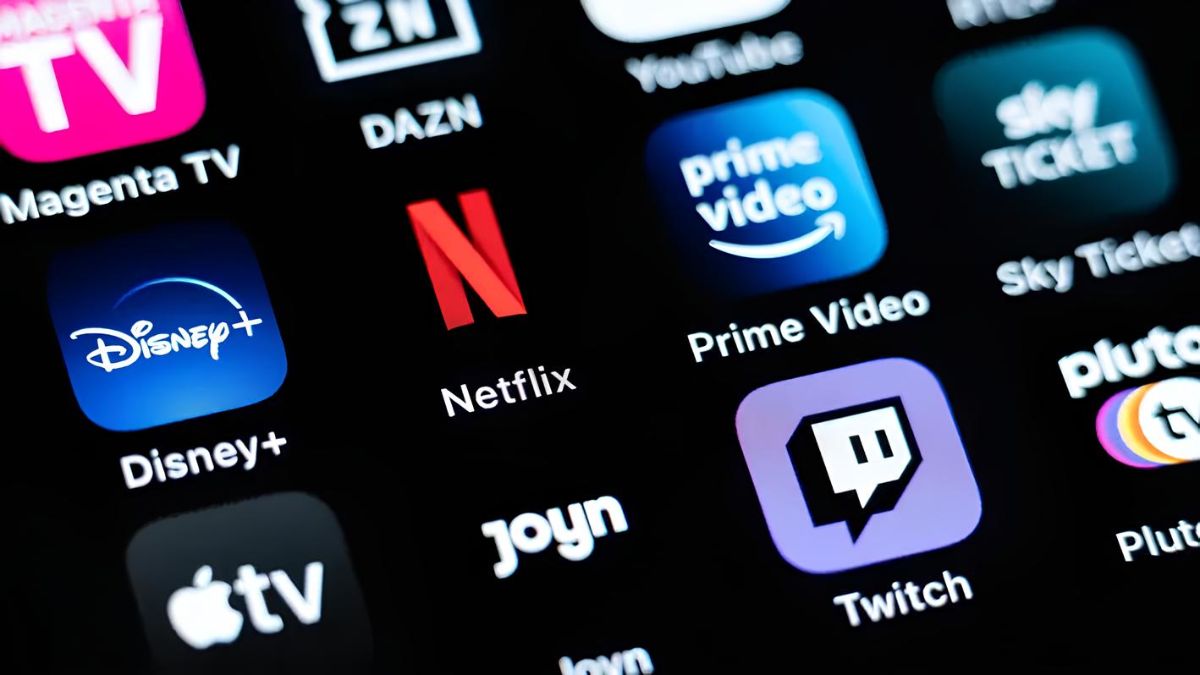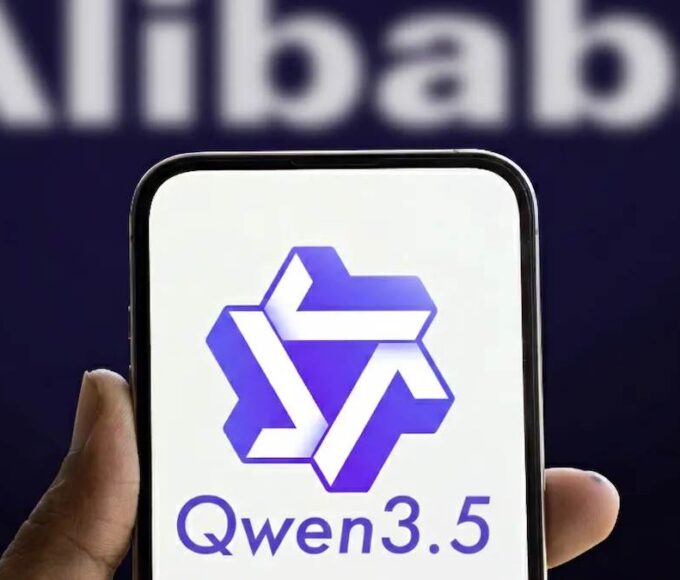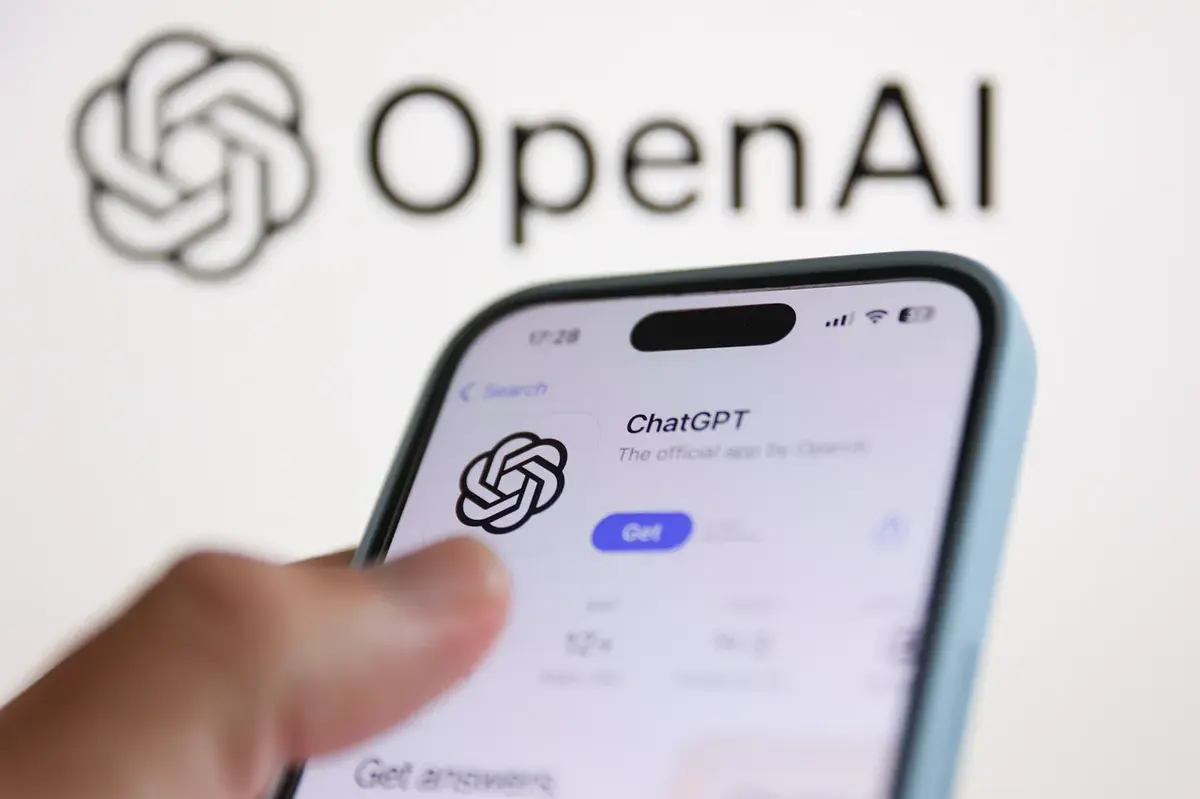India’s payments regulator is set to decide whether to limit the dominance of PhonePe and Google Pay in the country’s booming mobile payments market.
This decision, expected as early as Monday, will focus on UPI (Unified Payments Interface), a digital payments network used by over 50 retail banks. UPI processes over 13 billion transactions monthly, making it one of the world’s largest payment systems.
The key issue is whether the National Payments Corporation of India (NPCI), which oversees UPI, will enforce a rule that limits companies to handling no more than 30% of all UPI transactions.
This rule, proposed in 2020, would significantly impact PhonePe, which handles 47.8% of UPI transactions, and Google Pay, which processes 37.1%.
If the rule is enforced, it could delay PhonePe’s IPO, as the startup, valued at $12 billion, would face uncertainty about its future market share.
PhonePe’s co-founder, Sameer Nigam, has expressed concerns that a reduction in market share could hurt the company’s valuation and public offering plans.
The decision also affects the growth of other fintech startups. If the regulator limits the ability of PhonePe and Google Pay to acquire new users or process transactions, smaller startups could gain market share.
However, this could also impact consumer experience, as the dominant players have streamlined payment services.
The regulator has already delayed the decision several times, and there are indications that it may either push back the deadline further or increase the market share cap to 40%.
This decision highlights India’s efforts to balance technological innovation with market competition, as UPI has become a cornerstone of the country’s push to digitize its economy and reduce reliance on cash.












Leave a comment